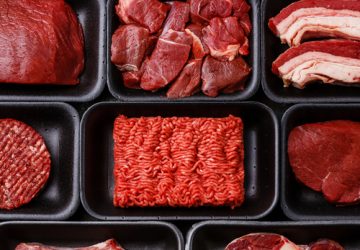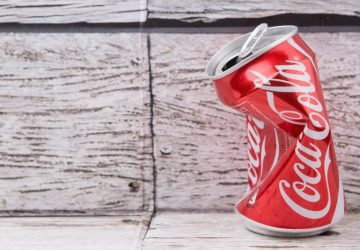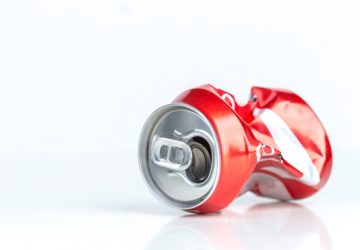 We’ve been writing for over a decade now (literally) about the sheer silliness of the notion that one can become “addicted” to food, a notion that is nonetheless constantly being propagated by the Food Police in an effort to justify ever more government regulations on what people are allowed to eat and drink and empower trial lawyers to rake in huge sums from ruining restaurants and food companies. So it was of little surprise this week that a new batch of “addiction” hysteria was released, each one being as misguided and misleading as those before.
We’ve been writing for over a decade now (literally) about the sheer silliness of the notion that one can become “addicted” to food, a notion that is nonetheless constantly being propagated by the Food Police in an effort to justify ever more government regulations on what people are allowed to eat and drink and empower trial lawyers to rake in huge sums from ruining restaurants and food companies. So it was of little surprise this week that a new batch of “addiction” hysteria was released, each one being as misguided and misleading as those before.
For starters, one of these papers found that lab rats prefer “appetizing” cafeteria food over “healthy but bland items.” Well, given those two options, who wouldn’t? The only thing that really proves to us is that rats actually have a brain. There was also a “poll” conducted in Britain which, among other things, found that a majority of respondents said they “had tried using food to make themselves feel better when they were low, with 94 percent having turned to high fat food to boost their mood.” That’s evidence that people enjoy food, not that they are “junkies.”
Not only does a little common sense poke holes in these researchers’ claims, but scientific evidence also points to their being unreliable, too. As we’ve written before, researchers from Cambridge University have reviewed the vast literature on this issue and found “several fundamental shortcomings in the [food addiction] model,” leading them ultimately to conclude that clinical “criteria for substance dependence translate poorly to food-related behaviours.” In other words, it is ludicrous to compare food to crack cocaine.
Notwithstanding any of these studies or their purported findings, however, the formula for weight gain or loss will forever remain the same: Consume more calories than you expend, you gain weight; consume less calories than you expend, you lose weight. It really is that simple, even if it’s difficult to practice.




